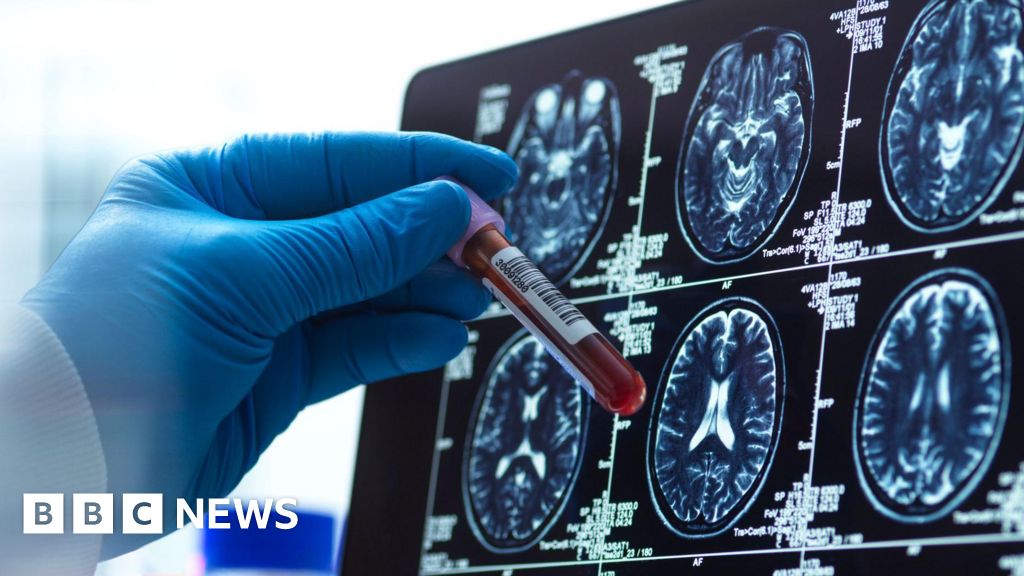A groundbreaking blood test for Alzheimer's disease is poised to revolutionize early diagnosis in the UK. Over 1,000 individuals with suspected dementia will participate in a nationwide trial, offering a potential game-changer for patients and healthcare professionals alike. This innovative test detects specific biomarkers – rogue proteins that accumulate in the brains of Alzheimer's patients – significantly improving diagnostic accuracy.

Currently, diagnosing Alzheimer's in its early stages presents significant challenges. Traditional methods, such as cognitive tests, often misdiagnose the condition, leading to delayed treatment and support. The new blood test, measuring the p-tau217 biomarker, promises to increase diagnostic accuracy from approximately 70% to over 90%. This represents a substantial leap forward, potentially identifying the disease much earlier in its progression.
The trial, known as ADAPT (Alzheimer's Disease Diagnosis and Plasma p-tau217), involves 20 memory clinics across the UK. It's designed to assess the test's efficacy within the NHS framework, gathering crucial data on its real-world application. The test, costing around £100, offers a significant advancement over previous gold-standard methods like PET scans and lumbar punctures, which are costly, invasive, and rarely used in routine diagnosis.
Professor Fiona Carragher of the Alzheimer's Society highlights the importance of early diagnosis, emphasizing the negative impact of delayed diagnosis on patients' access to support and treatment. The ADAPT trial, supported by leading Alzheimer's research organizations and funded by the People's Postcode Lottery, is led by scientists at University College London (UCL). The trial will also explore the impact of the speed of result delivery; half of the participants will receive their results within three months, while the other half will receive them after twelve months, allowing researchers to assess the impact of earlier results on patient management.
Professor Jonathan Schott, chief medical officer at Alzheimer's Research UK, expresses enthusiasm for the trial, viewing it as a crucial step toward transforming dementia diagnosis. The study's findings, anticipated within three years, will be pivotal as new treatments for early-stage Alzheimer's are nearing completion of clinical trials. The positive impact of a rapid, accurate diagnostic tool is clearly illustrated by Steven Pidwell, whose partner was diagnosed with Alzheimer's a decade ago. He believes that improved diagnosis, combined with new treatments, represents a major advancement for families affected by this devastating disease, allowing them to treat the condition like a disability rather than an insurmountable fate.
---
Originally published at: https://www.bbc.com/news/articles/cm2ze84e8p1o
